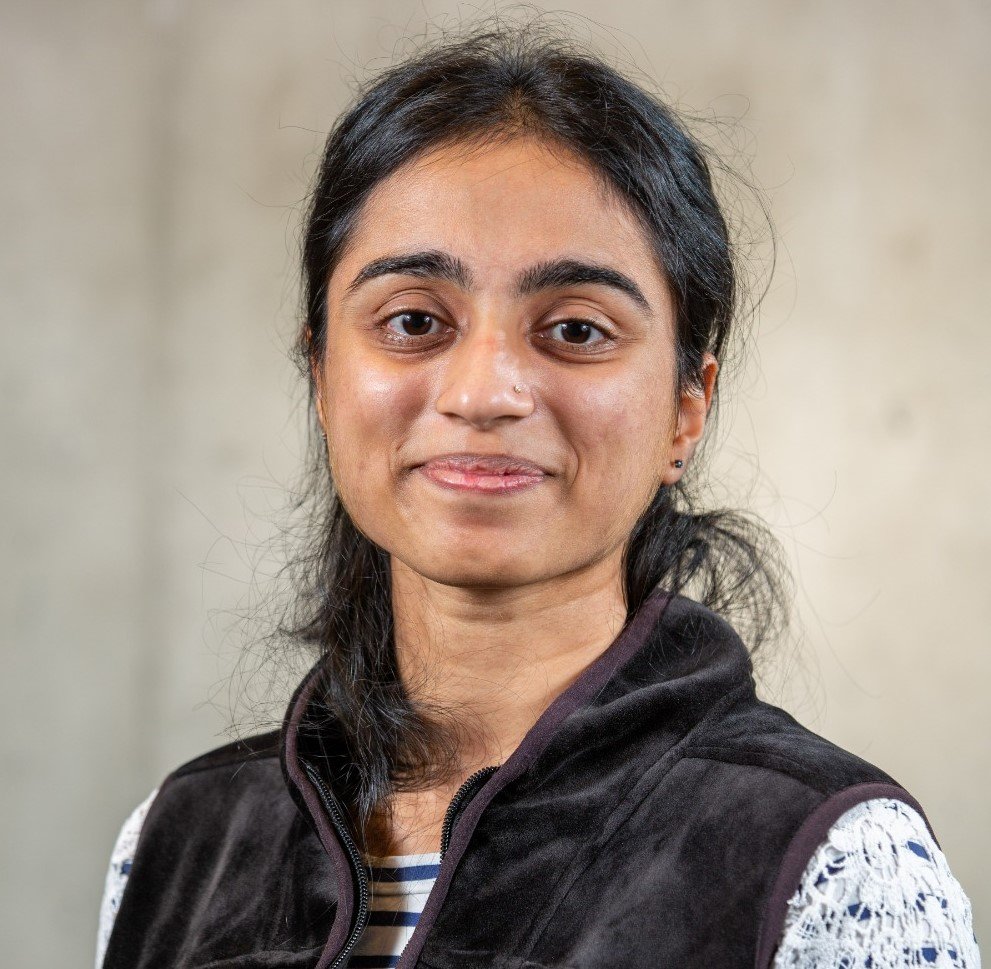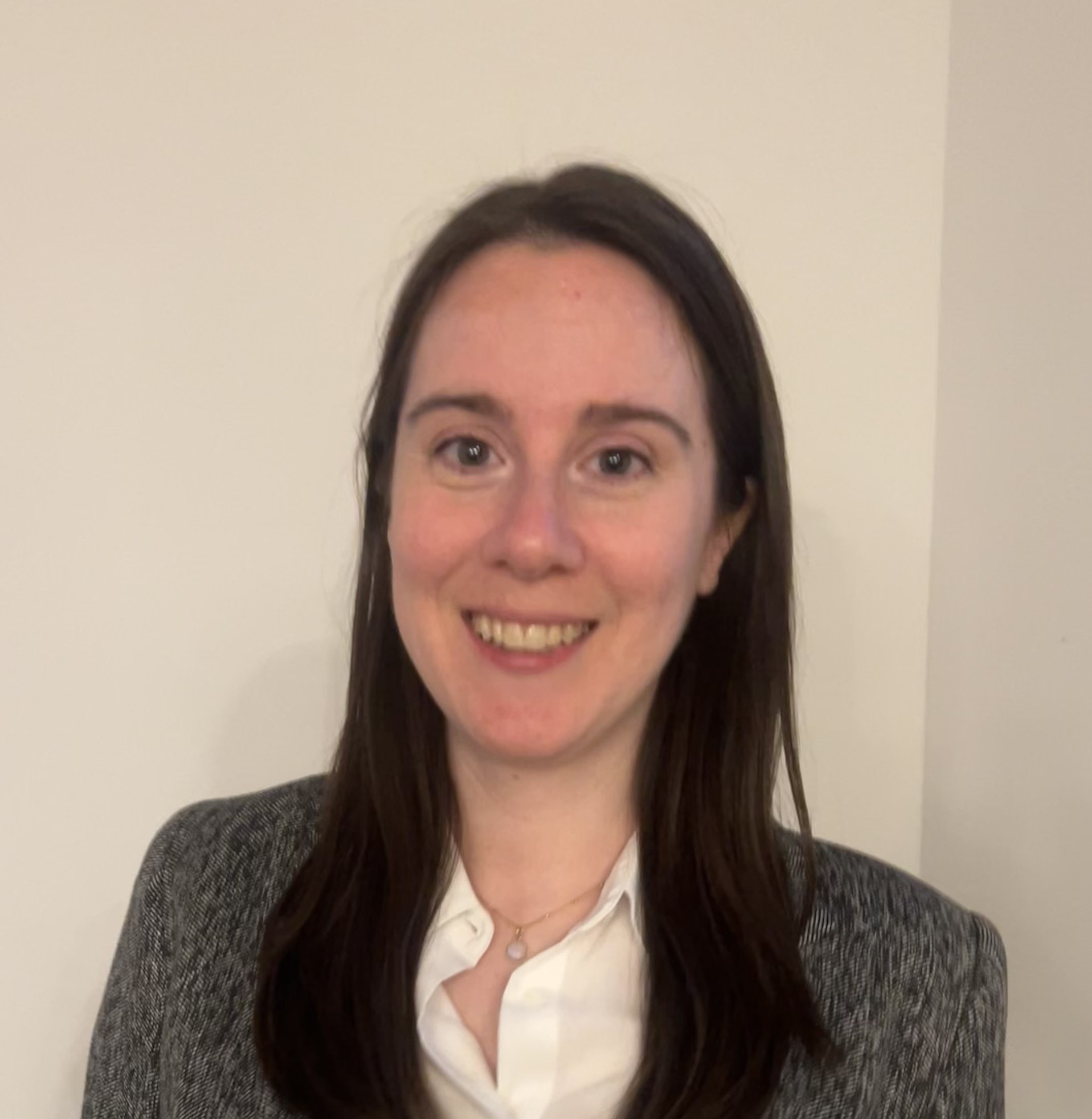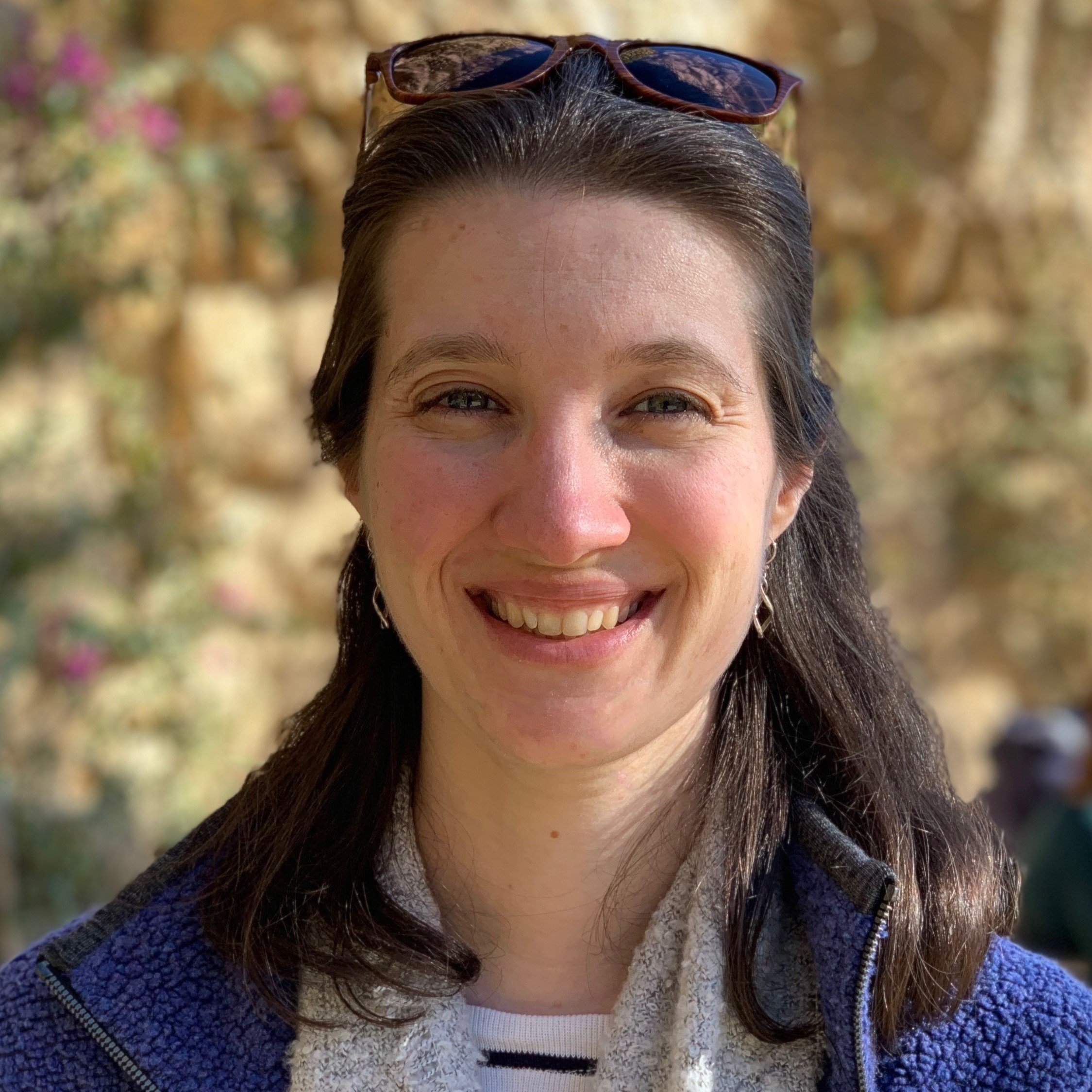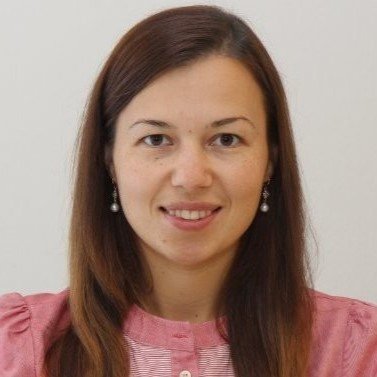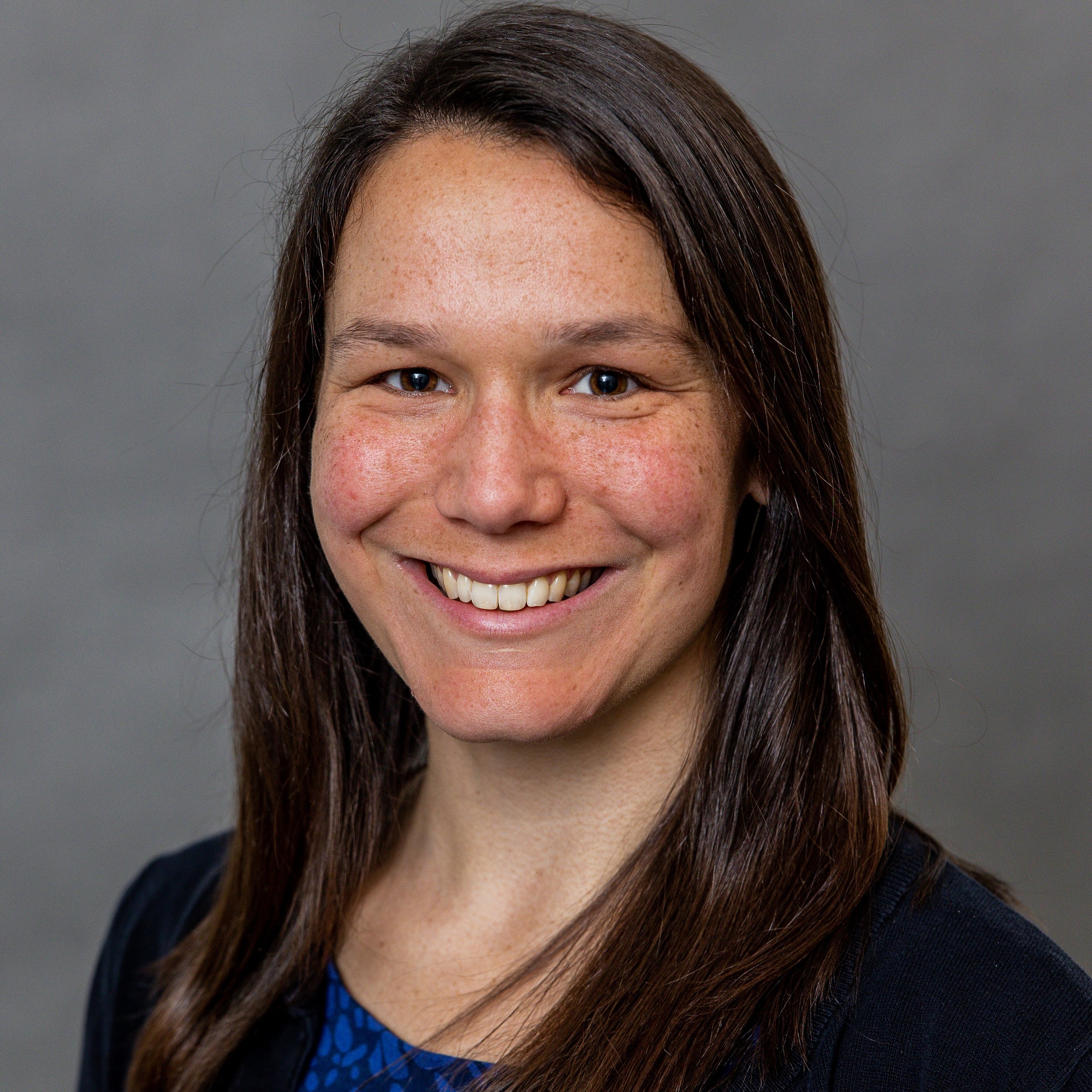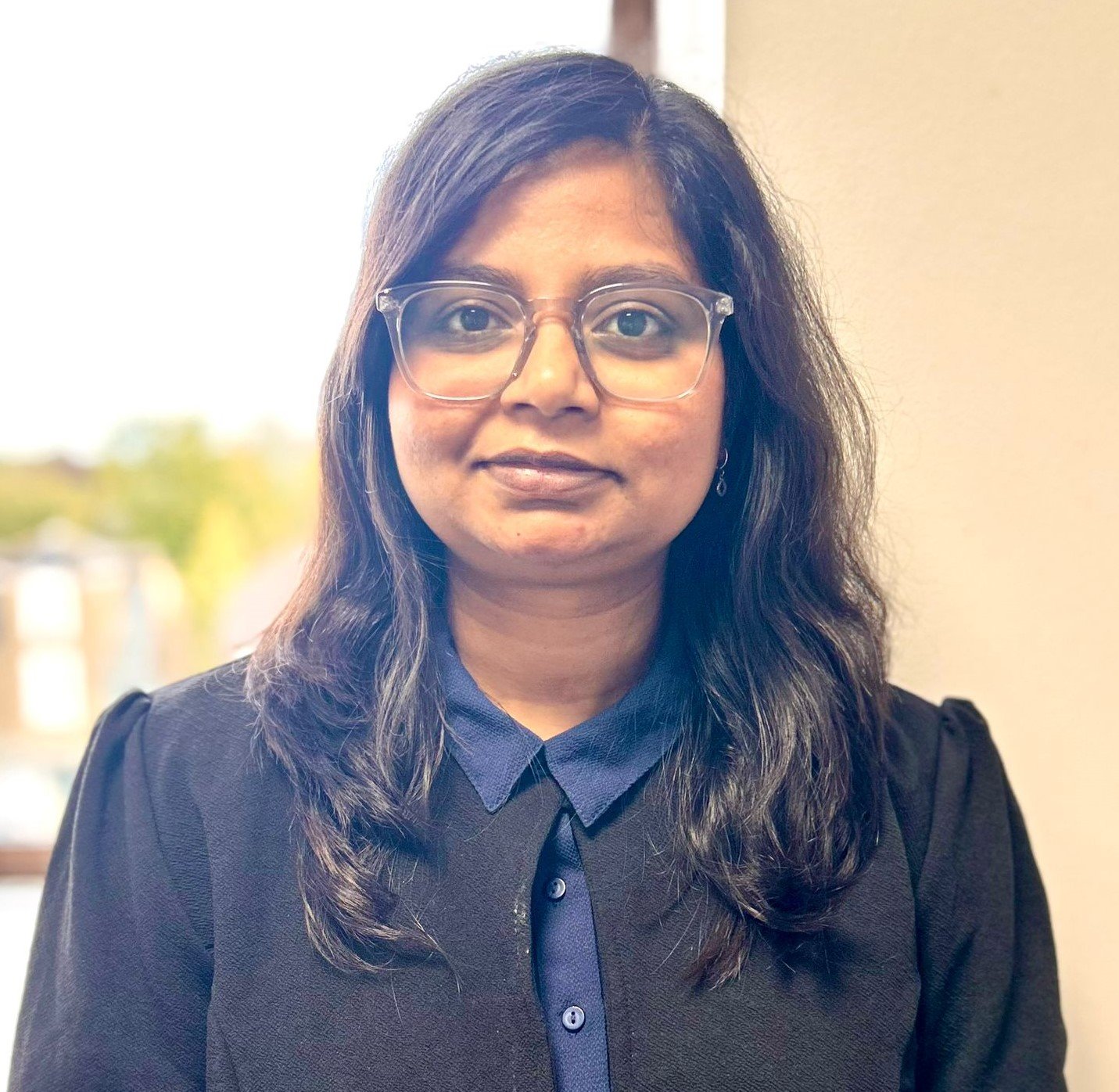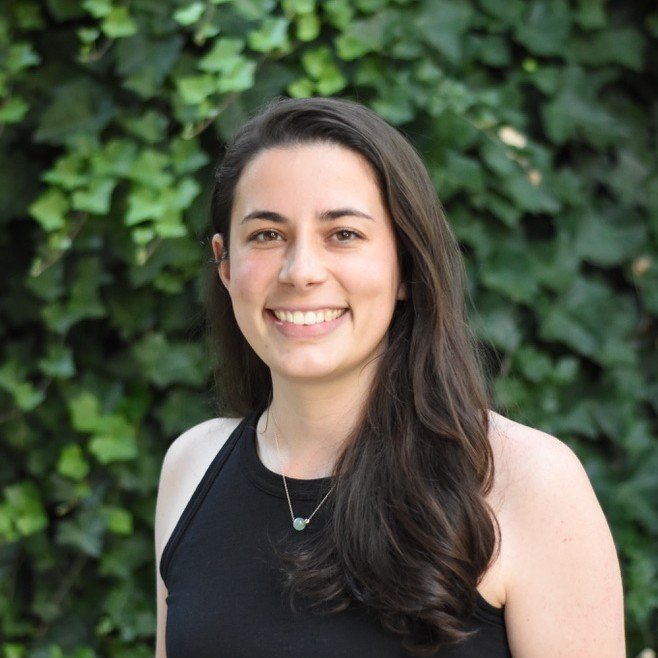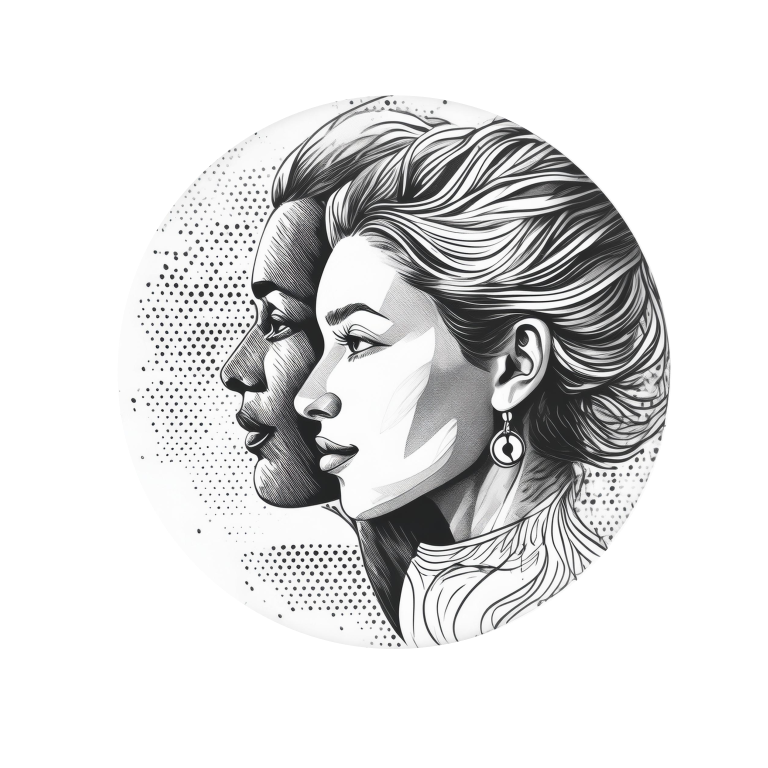Senior Data Developer - Labcorp Drug Development of America
Bhavana is a skilled professional with over ten years of experience in IT, specializing in managing data, ensuring quality, and handling Big Data in various sectors like banking, finance, healthcare, manufacturing, and insurance. She earned her master's degree from Kingston University London, enhancing her expertise. Besides her job, Bhavana enjoys helping others succeed in the data field. She mentors projects related to data science on online platforms, guiding aspiring professionals. She is also passionate about teaching the younger generation about data and financial literacy, aiming to empower them.In her leisure time, Bhavana finds relaxation in practicing yoga and indulging in books, either by reading or listening.
Multi Class Skin Cancer Detection Using Deep Learning Techniques
Skin cancer poses a significant health threat, necessitating early and precise detection as it often spreads to different body parts. This research introduces a groundbreaking automatic classification system for skin lesions, employing a non-invasive approach and harnessing the power of deep learning algorithms, enhanced by transfer learning techniques.
Our project focuses on advancing skin cancer detection using neural networks, particularly by implementing cutting-edge transfer learning models such as DenseNet201, EfficientNet B7, ResNet50, and ResNet152V2. Tailoring network layers, leveraging specific activation functions, and optimizing input data size are integral to this approach. The proposed models amalgamate various parameters to elevate the identification and classification of skin lesions. Additionally, we explore different hyperparameters like optimizers, batch size, and epochs to identify the optimal model. Our research utilizes the HAM10000 dataset, encompassing seven diverse types of skin cancers, ensuring robustness through image augmentation and resampling techniques for dataset balancing.
A comparative analysis against state-of-the-art transfer learning models validates the performance of our suggested models. Notably, our proposed DenseNet201 transfer learning model achieves a remarkable test accuracy rate of 84%, with a 69% recall for multi-class skin lesion classification. ResNet50 and EfficientNet B7 follow closely with an accuracy of 83%, ranking as the second-best achieved accuracy using the Adam optimizer for both models. Impressively, the recall values for 'nv' and 'vasc' lesion classes from the DenseNet201 model are 92% and 94%, respectively. The effectiveness of our model is further validated during deployment and prediction.
In conclusion, this project significantly contributes to dermatology by showcasing the effectiveness of deep learning, specifically transfer learning models, in substantially improving the accuracy of identifying and classifying skin lesions. Our results demonstrate the potential of early detection of cancerous skin lesions. This paper not only presents the achievements of our work but also outlines future prospects for further advancements.
This submission is part of my MSc Data Science program, and I am enthusiastic about presenting this topic at the conference, sharing the approach, findings, and the progress achieved throughout the implementation.This work can be used in the conference as 20 minutes presentation or Code Workshop also can be arranged.





